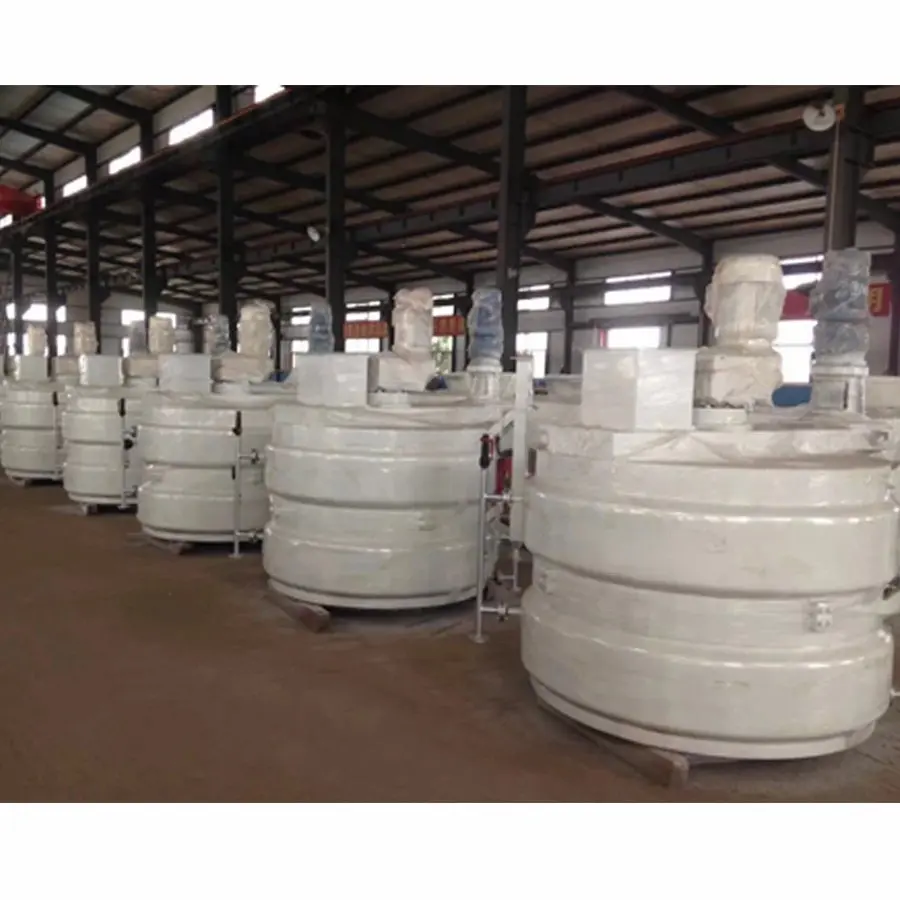Nov . 12, 2024 09:37 Back to list
soybean oil refinery line factories
The Soybean Oil Refinery Line A Gateway to Sustainable Production
In recent years, the demand for vegetable oils, particularly soybean oil, has seen a remarkable increase. As a result, the establishment of soybean oil refinery lines has become a critical focus for both agricultural and industrial sectors. These facilities play a pivotal role in processing raw soybeans into refined oil, which is widely used in cooking, food processing, and non-food applications. This article delves into the intricacies of soybean oil refinery lines, showcasing their importance in promoting sustainable production and economic growth.
Understanding Soybean Oil Refining
The refining of soybean oil involves several key processes that ensure the final product is safe, palatable, and suitable for various applications. The refining process typically includes degumming, neutralizing, bleaching, and deodorizing. Each of these steps serves a unique purpose
1. Degumming removes phospholipids and impurities, which may lead to off-flavors and stability issues in the oil. 2. Neutralizing aims to eliminate free fatty acids, thus improving the oil's taste and extending its shelf life. 3. Bleaching involves removing pigments and color compounds to enhance the oil's visual appeal. 4. Deodorizing employs steam to eliminate volatile compounds that can impart undesirable aromas and flavors.
These processes collectively contribute to the high quality of the refined soybean oil, making it a popular choice among consumers and manufacturers alike
.The Economic Impact of Soybean Oil Refineries
Establishing soybean oil refinery lines not only meets consumer demand but also creates substantial economic opportunities. These facilities generate employment, from skilled labor in the technical fields to support staff in administration, logistics, and sales. Moreover, the processing of soybeans helps bolster the agricultural sector, providing farmers with a steady income source and incentivizing the cultivation of more soybeans.
Furthermore, with advancements in technology, modern soybean oil refineries are increasingly able to produce oils with specific characteristics tailored to diverse market needs. This adaptability allows for the creation of value-added products, such as high-oleic soybean oil, which contains higher levels of monounsaturated fats, appealing to health-conscious consumers.
soybean oil refinery line factories

Environmental Considerations
As society becomes more aware of the environmental impacts of industrial activities, the soybean oil refining industry is also adopting more sustainable practices. Many factories are implementing energy-efficient technologies and waste management systems that minimize their ecological footprint. For instance, some refineries recycle waste materials and by-products generated during the refining process, converting them into biodiesel or animal feed.
Moreover, the cultivation of genetically modified, herbicide-tolerant soybean varieties has allowed farmers to reduce pesticide usage, further promoting sustainable agricultural practices. This kind of innovation not only enhances production efficiency but also supports biodiversity and soil health, aligning with the goals of sustainable development.
Future Trends in Soybean Oil Refining
Looking ahead, the soybean oil refinery industry is poised for significant transformation. The rise in global demand for plant-based oils, alongside increasing awareness about healthy eating and sustainable agriculture, will drive further investments in refinery technology. Innovations such as cold-press extraction methods and supercritical fluid extraction are gaining traction as they promise higher yields and lower energy consumption.
Additionally, as consumers become more informed about the nutritional profiles of edible oils, there will be a greater push for transparency in sourcing and processing practices. Soybean oil refineries that adopt tracking and tracing technologies, along with strict adherence to quality standards, will likely emerge as leaders in the market.
Conclusion
The soybean oil refinery line represents a crucial intersection of agriculture, industry, and environmental stewardship. By embracing sustainable practices and technological innovations, these facilities not only contribute to economic growth but also cater to the evolving preferences of consumers committed to health and sustainability. The future of soybean oil refining holds great promise, paving the way for a more sustainable food system and a brighter economic landscape. As stakeholders in this industry continue to adapt and innovate, the benefits will resonate throughout the entire supply chain, ultimately enriching the lives of farmers, workers, and consumers alike.
-
Professional Safflower Oil Press Service | AI-Efficient
NewsAug.03,2025
-
HP290 First Press Oil Expeller Machinery: Efficient Oil Extraction
NewsAug.02,2025
-
Top Food Oil Refined Unit Companies w/ GPT-4 Turbo Tech
NewsAug.01,2025
-
Premium Black Seed Oil Expeller - High Efficiency Cold Press Oil Machine
NewsJul.31,2025
-
Oil Processing Equipment - High-Efficiency Flaking Machine
NewsJul.25,2025
-
High-Efficiency Peanut Oil Refined Machine for Quality Oil Production Leading Exporters & Companies
NewsJul.08,2025
